Mário Macilau is a photographer who works with “the ghosts of society” – socially isolated groups and subcultures – activating subjects and their stories though his psychologically sensitive yet loaded photographic lens.
He believes in the people and places that he documents and represents, and views his artistic practice as a tool for social change.
Through this patient, subtle, and empowering approach, Macilau’s work gives voice to repressed histories and socio-economic oppression, whilst still conveying the underling beauty, dignity, and resilience that drive the human spirit and our collective consciousness.
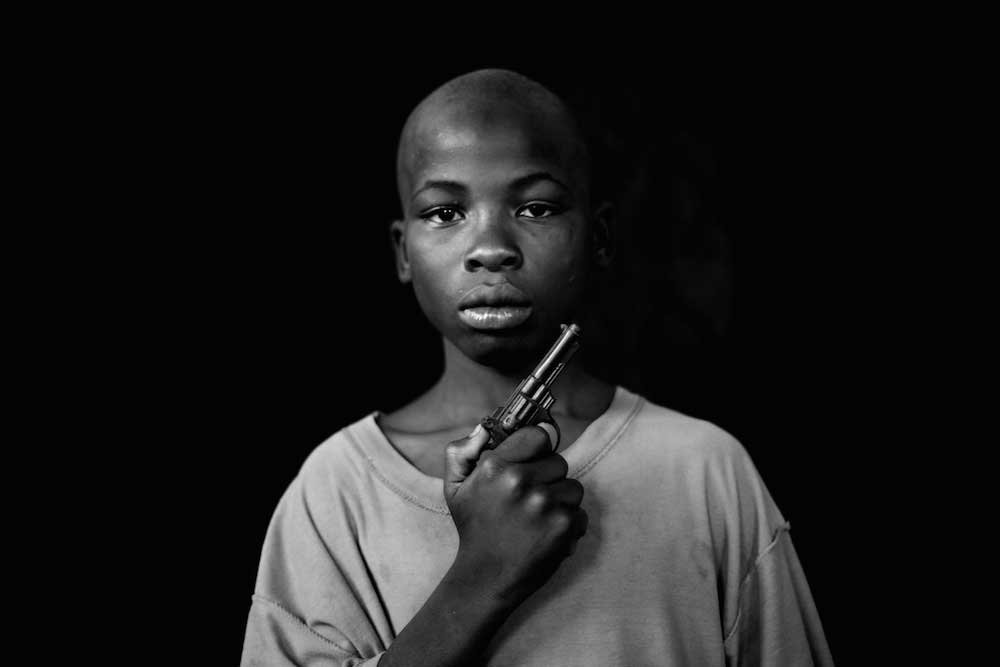
As a photographer, I believe in the power of images and I’ve been exploring the relationship that exists between the environment, human beings, and time. Photography has connected me to incredible moments and experiences and all the places have taught me something valuable … I usually work on long-term projects which allow me to understand the stories before I even use the camera. I am then able to capture those moments after I’ve spent a lot of time with them and we have earned each other’s trust.
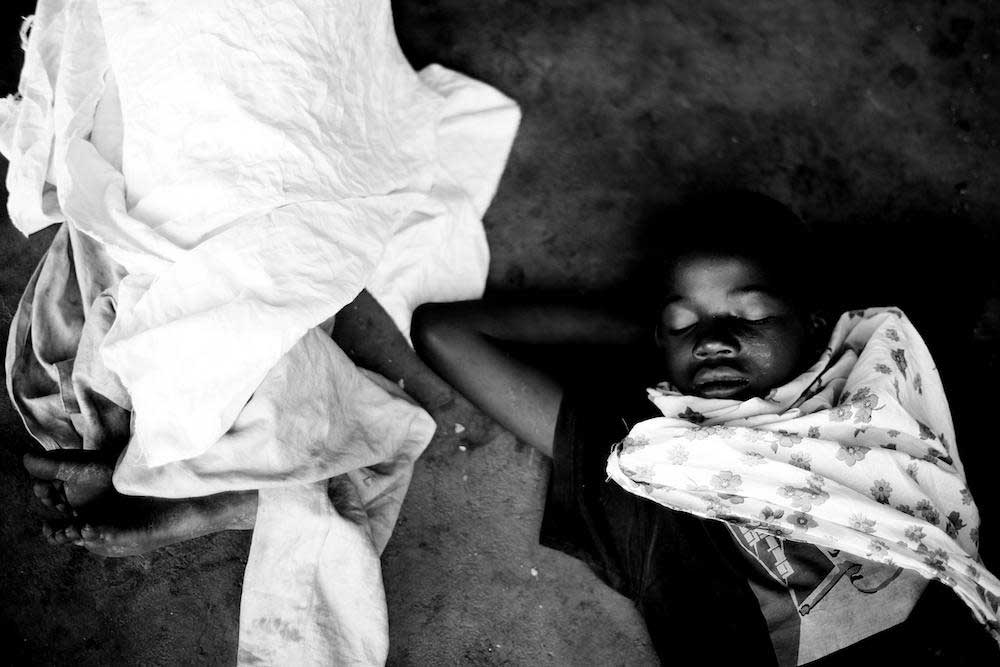
This series of images is drawn from his acclaimed Growing in Darkness series (2012-2015). The Growing in Darkness project unveils one layer deeper in the social fabric of Maputo where Macilau lives and grew up, turning its focus upon the inner world of local street children. Yet the artist was hesitant to photograph this group of young people that he sees often, despite their requests and his own intuitive interest. In 2012, however, Macilau finally found himself within a state of mind in which he felt he could give justice to learning about and portraying their realities, and thus embarked upon a four-year project facing questions about “normalcy”, difference, opportunity, and his own past. What emerged is a body of work bursting with individuality, in which a process of trust and respect lead to portraits of youths, objects, and environments each with their own singular identity, experience, and power. Thus at the heart of these two researched-based projects reflecting on the silenced realities of the artist’s everyday context – labour, poverty, neglect, and invisibility – is the earnest connection enabling artist to give the people of Maputo a voice.
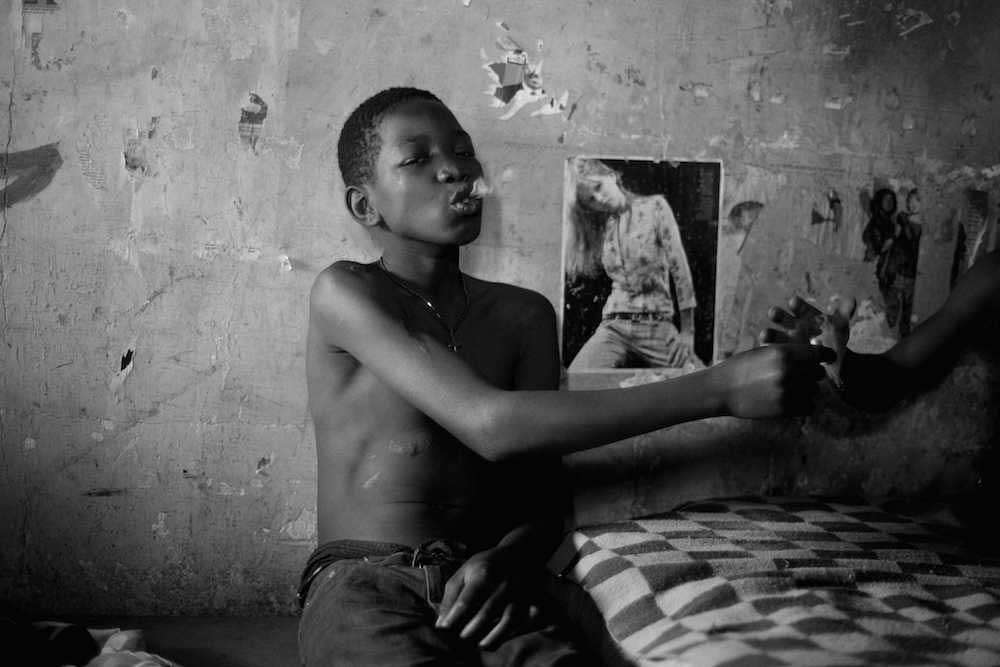
Macilau’s photographs employ both documentary and poetic impetuses, inviting viewers into powerful, intimate moments. He employs a most sensitive lens to dispel an other-ing gaze in favour of a sense of awe yet understanding – a gesture of collective belief and agency. Macilau’s lingering photographic presence thus distinctly resists one of an imposed interpreter, mediator, or impresario. Rather, he serves as a confidante and storyteller, whose visual vocabulary is full of candour, clarity, and nuance. Within these three series an honest and trust-worthy eye is employed, casting a contemplation at once triumphant yet also critical. Growing in Darkness and Profit Corner are celebrate the resilience of society’s silenced voices yet also critique communities for failing their disadvantaged youth, whilst comparatively Faith is a salute to the power of traditions yet also an oblique condemnation of governments failing their people.
In his signature use of black and white, Macilau presents us with the fears and the struggles alongside the dreams and the dignity. His work is symbolic of both the darkness and lightness that define our realities, and communicates how we can illuminate our representations and make visible the invisible.
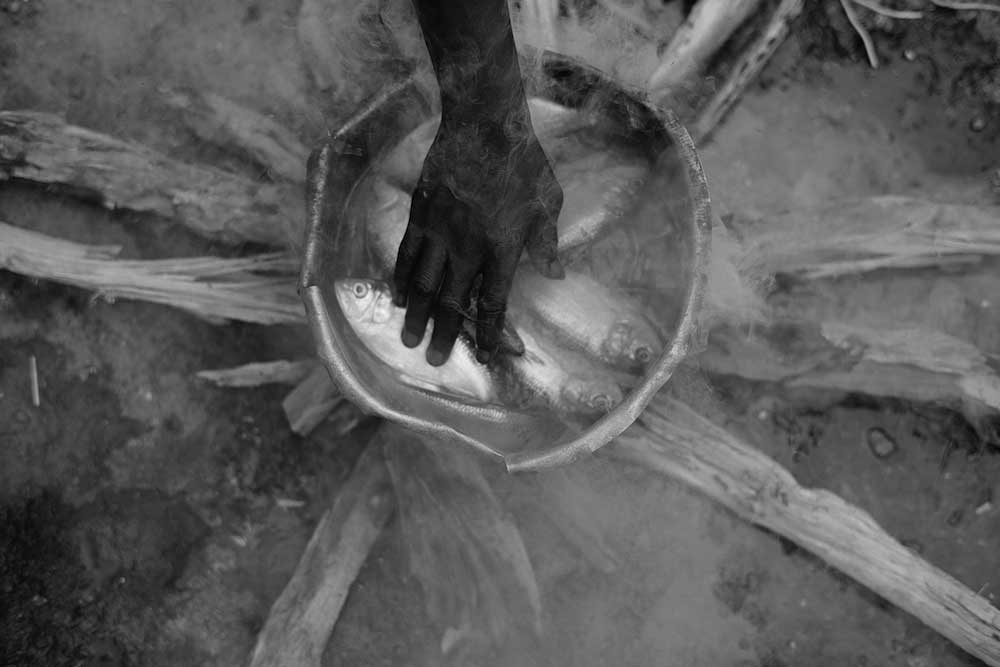
About Mário Macilau

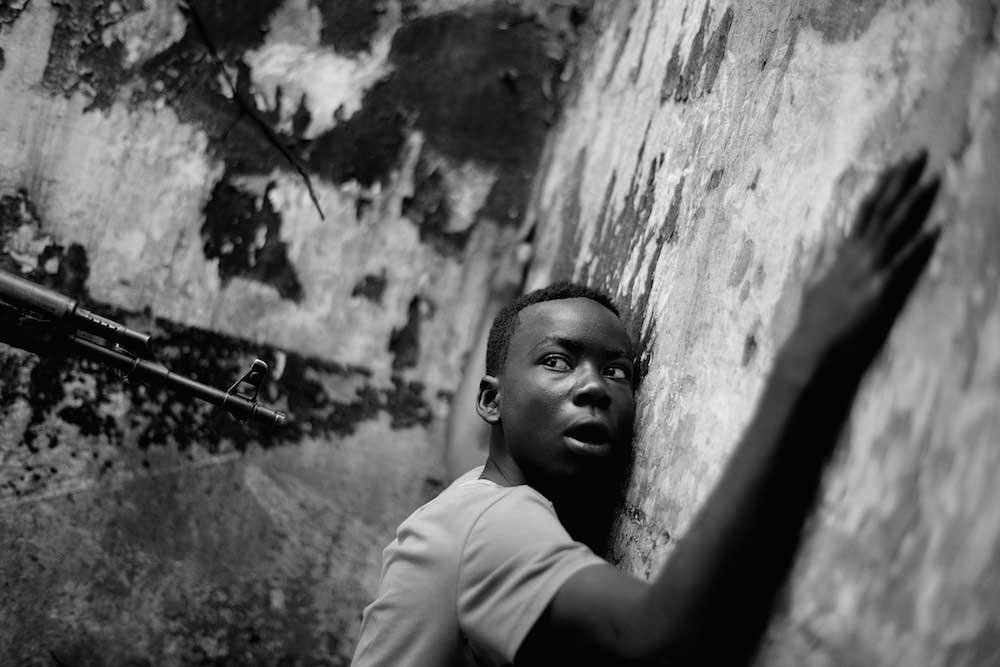

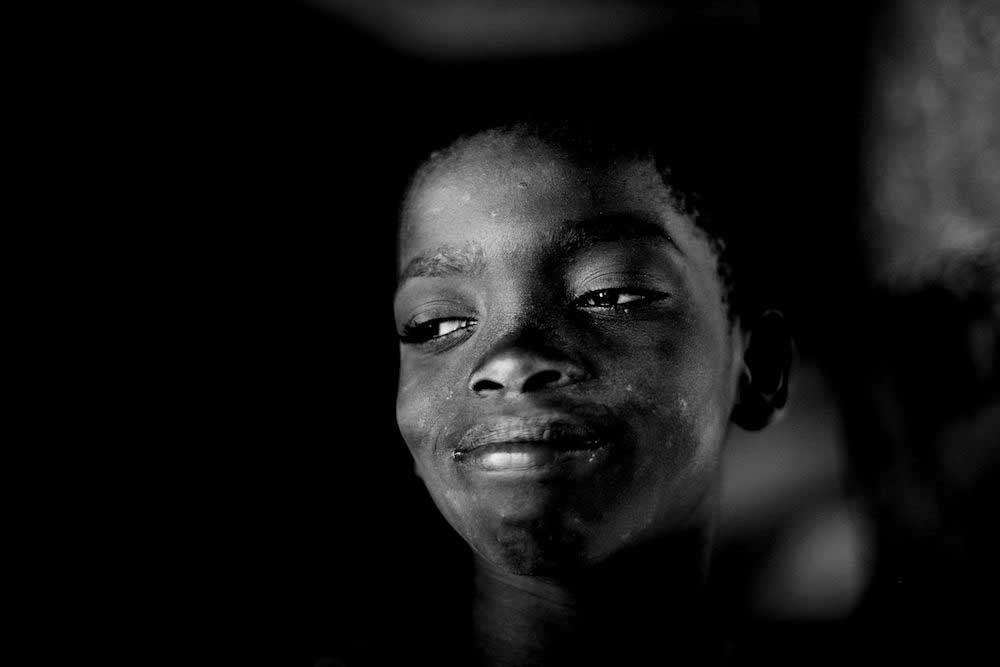
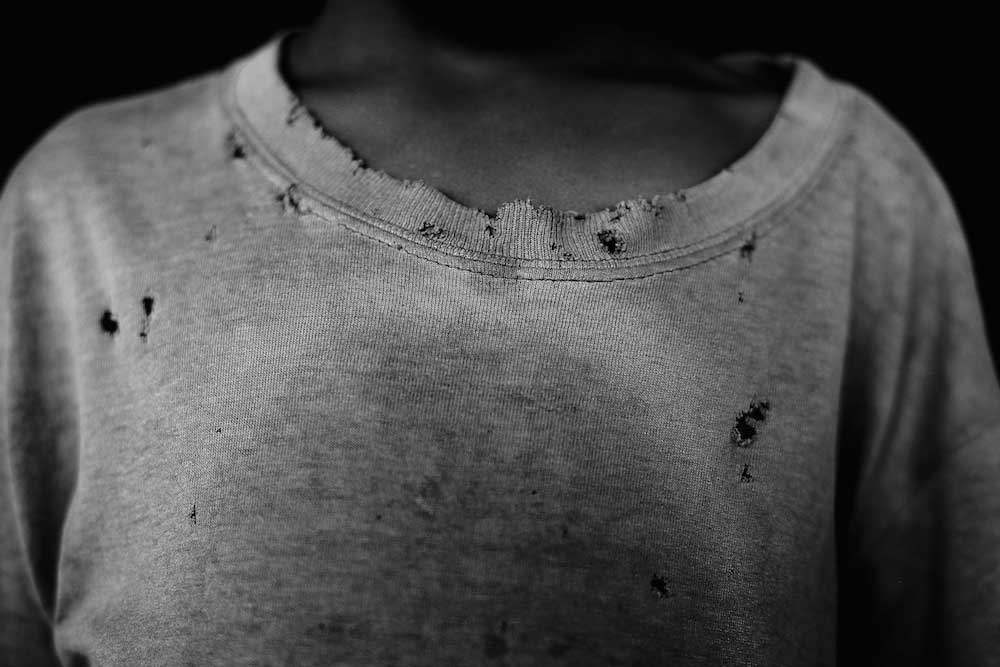
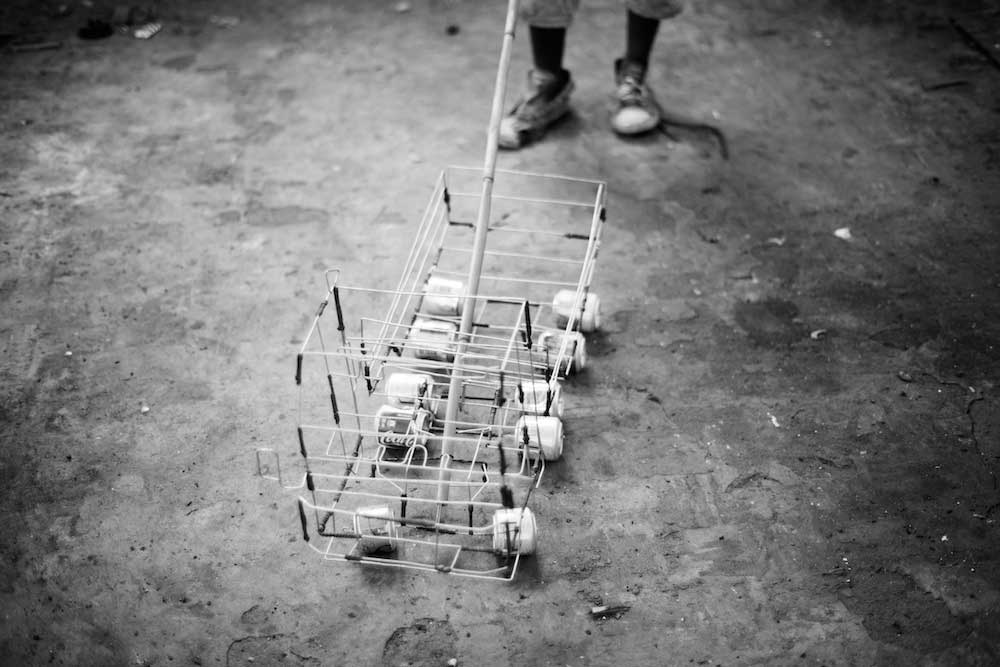
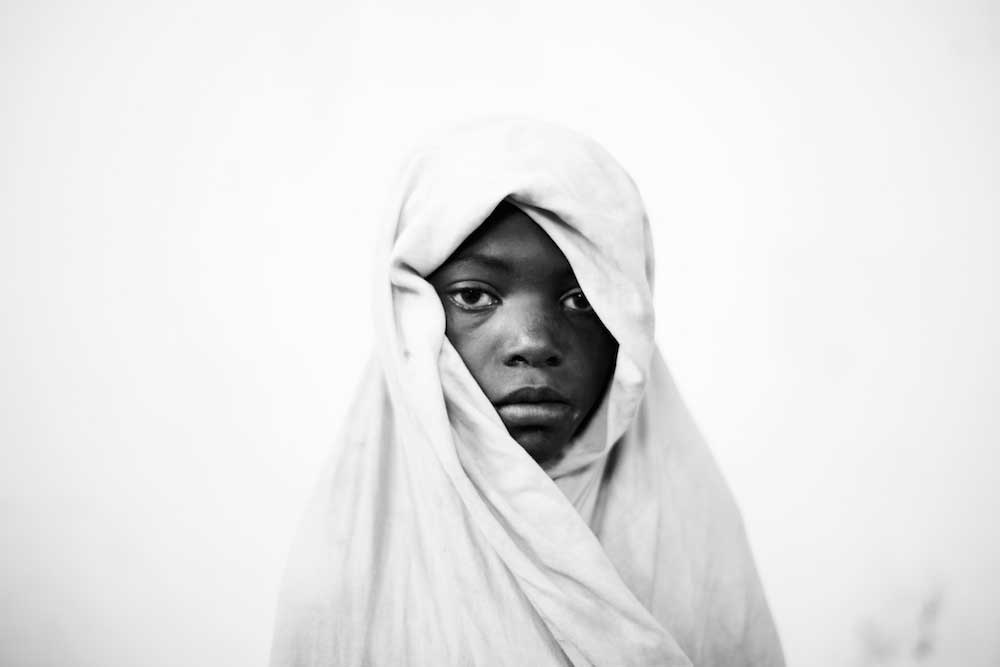
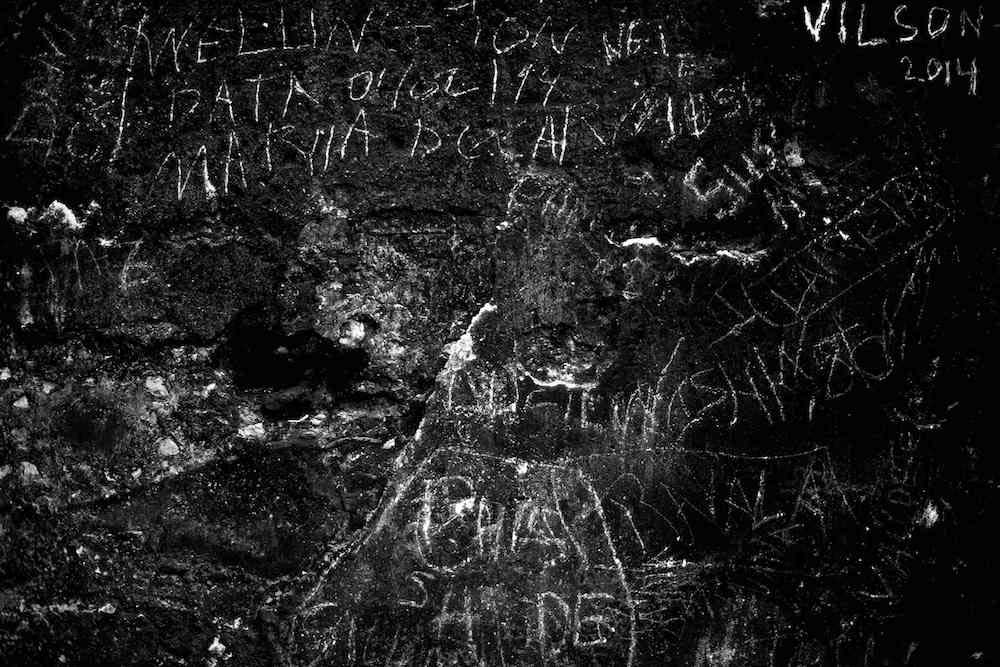


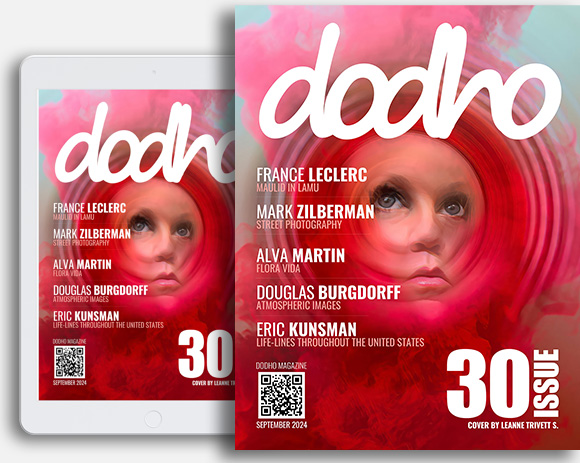
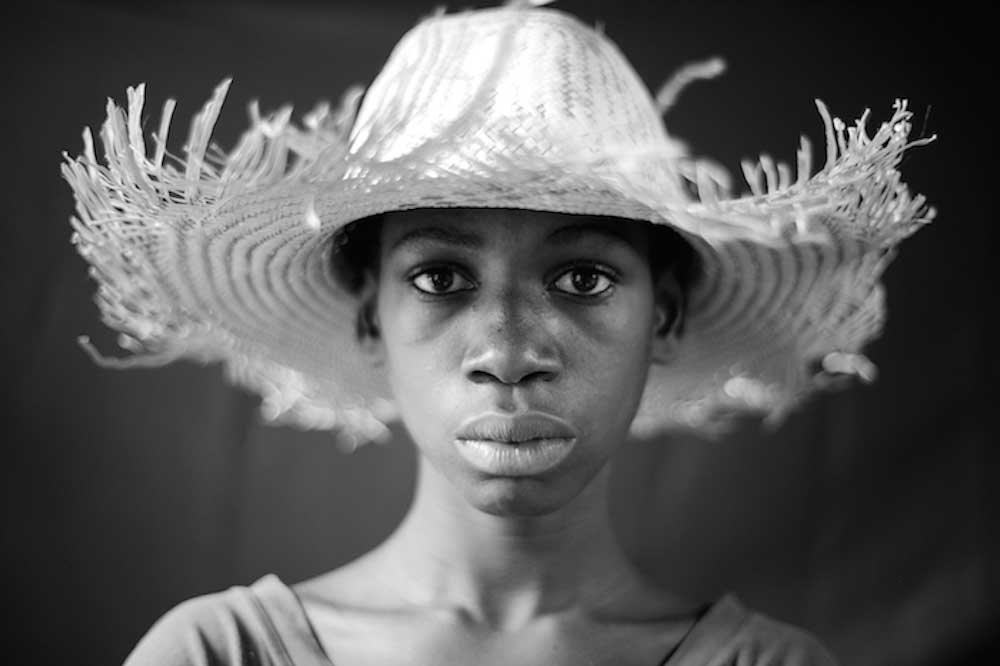
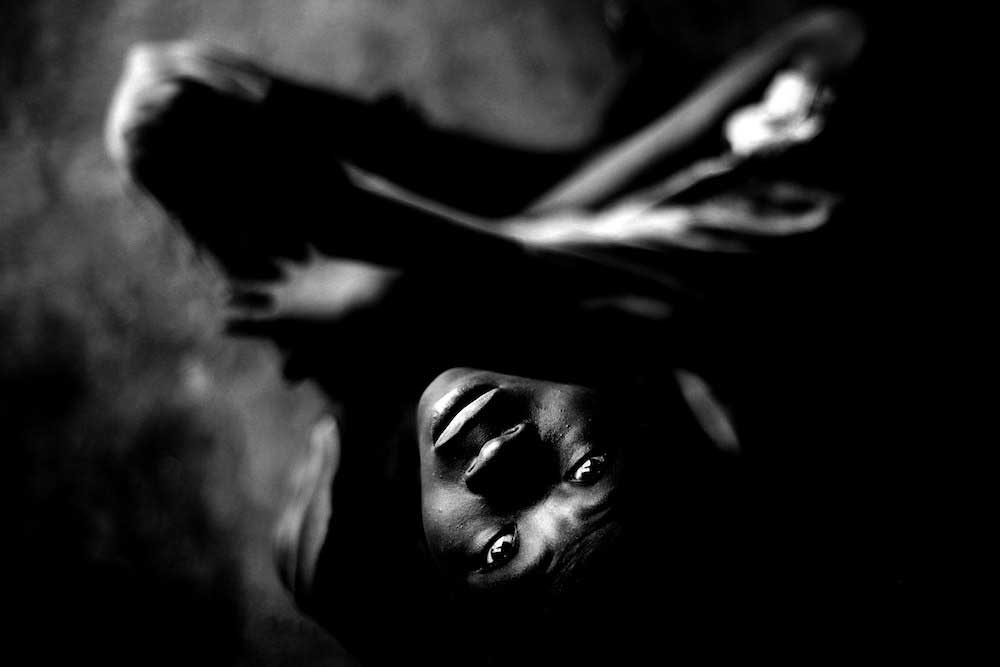
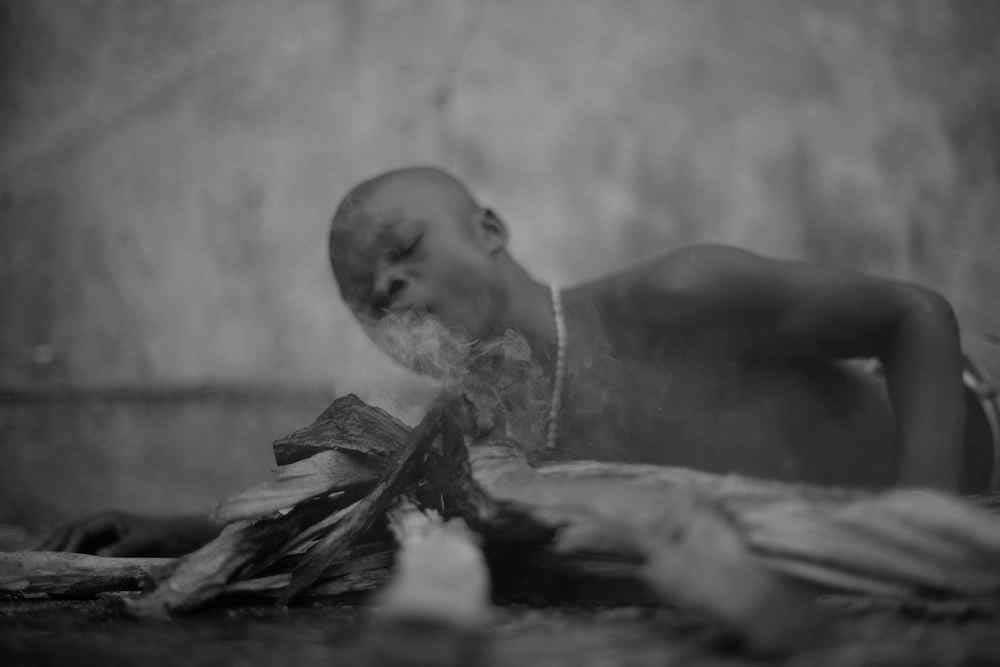
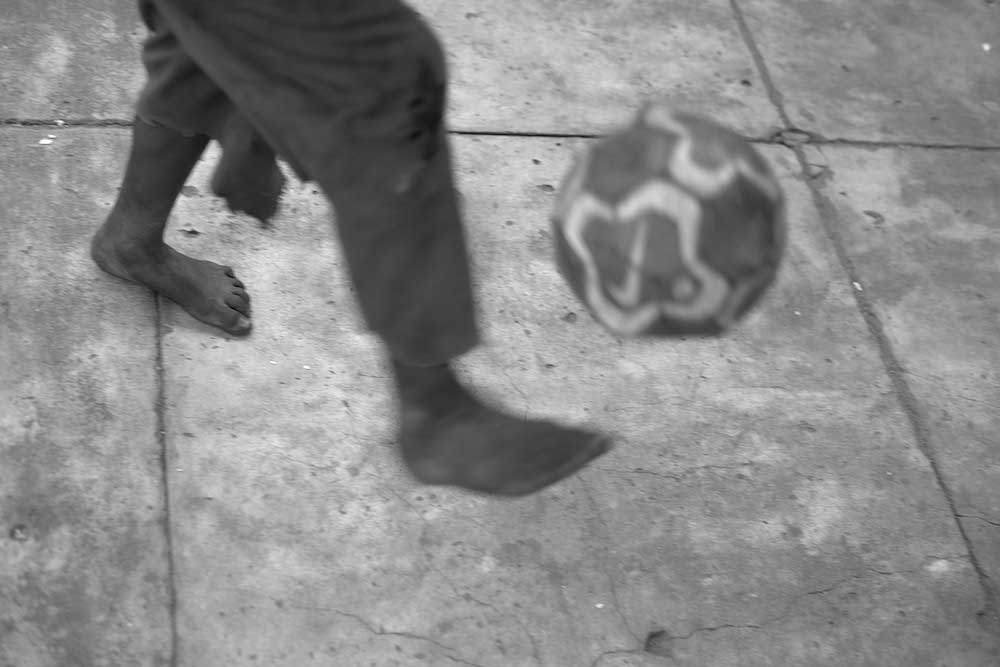
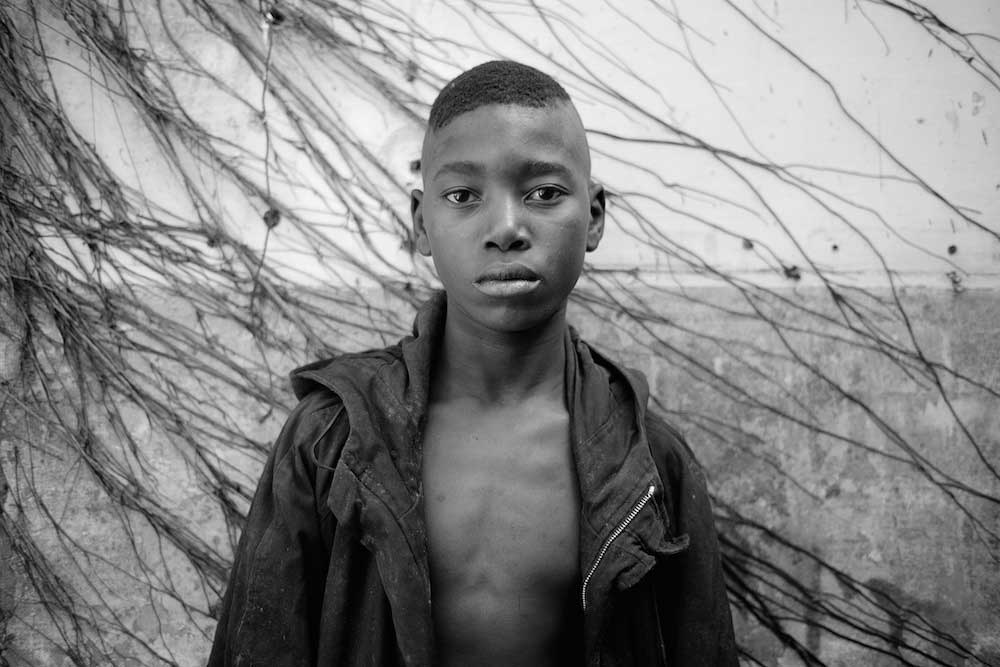
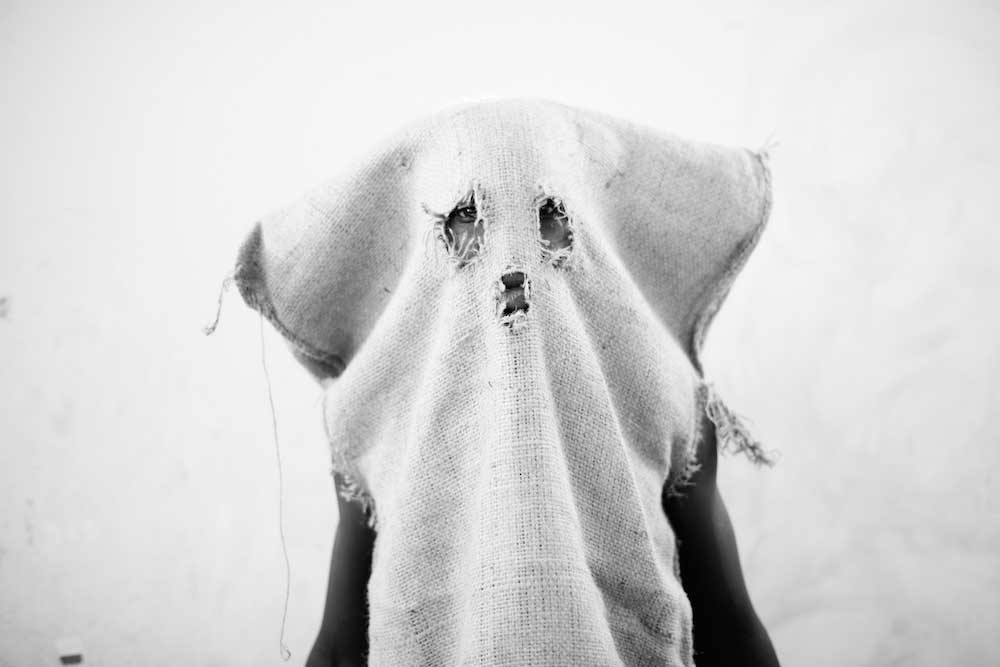
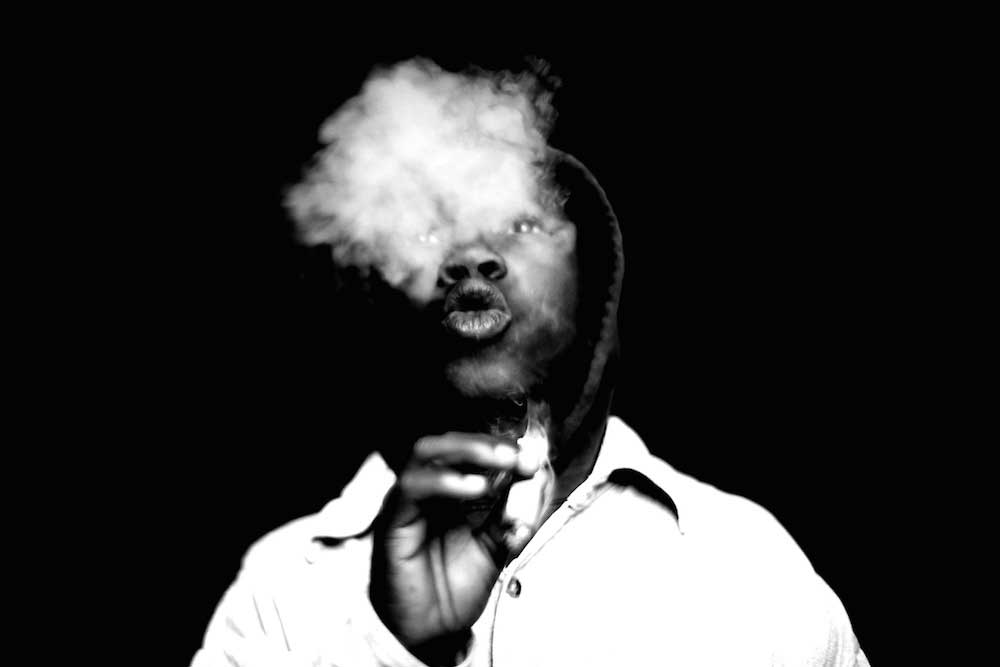
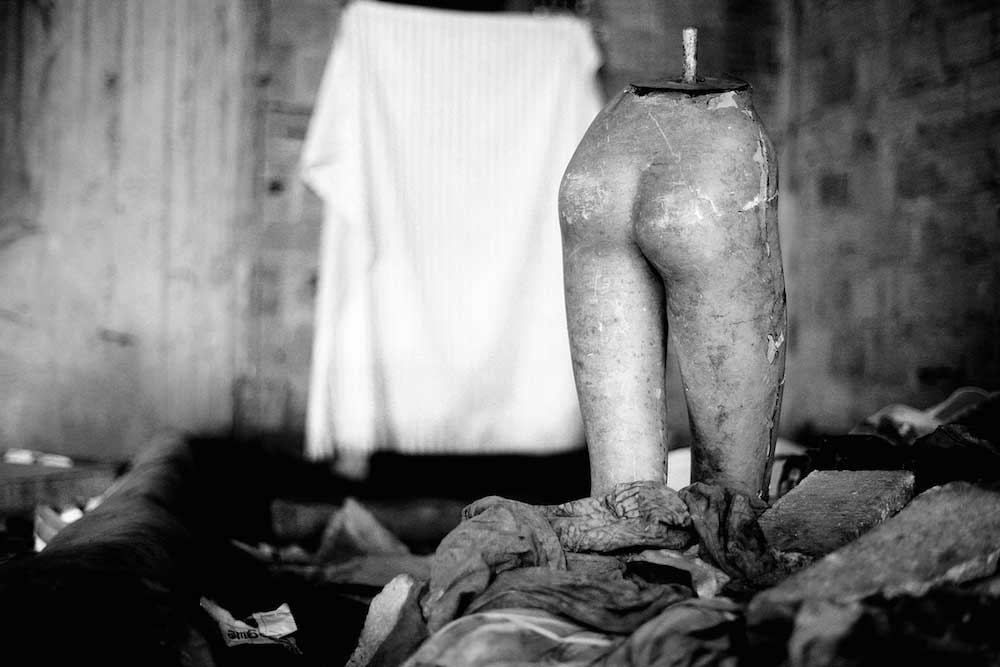
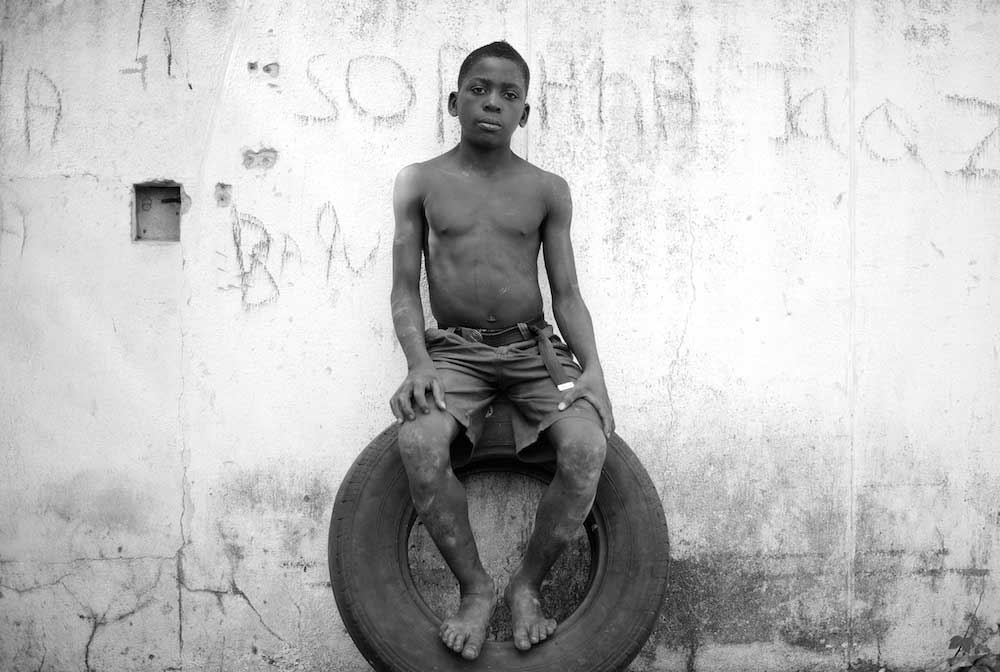



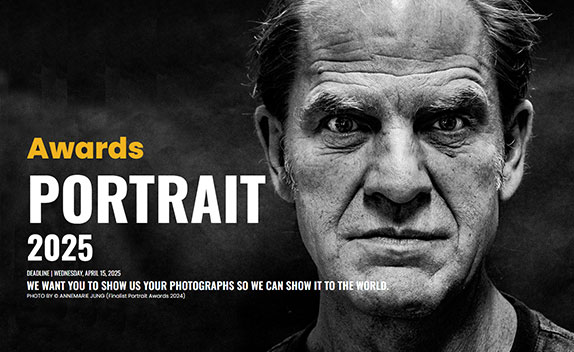

One comment
serge janssens
May 7, 2017 at 00:08
Photographie social traitée avec une grande sincérité et grand pluralisme . J’aime
Comments are closed.